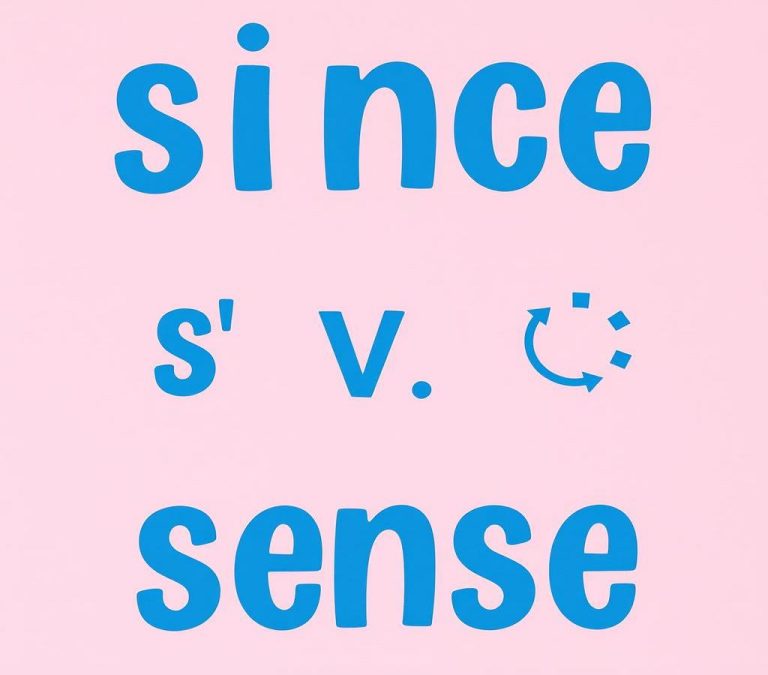Acclimate vs Acclimatize: Grammar Usage & When To Pick Which
When talking about adjusting to new climates, three verbs often come up: acclimate, acclimatize, and acclimatise. While they may seem similar, using the right word is important depending on where you are or the context. Acclimate is more commonly used in American English, while acclimatize is preferred in British English. Acclimatise is simply the British spelling of acclimatize. This article will help you understand the differences and choose the right verb for your needs, making it easier to communicate clearly and accurately.
Quick Answer
Acclimate, acclimatize, and acclimatise are interchangeable verbs.
Acclimate is commonly used in American English, while acclimatise is used in British English.
Acclimatize is a variant accepted in both American and British English.
All three verbs mean to adapt or become accustomed to a new environment or climate.
Why There is Confusion
The confusion between “acclimate,” “acclimatize,” and “acclimatise” often arises from their similar meanings and uses. All three verbs have to do with the process of becoming accustomed to a new environment or conditions. This confusion is further compounded by regional spelling variations and nuanced connotations that are not immediately obvious. However, despite their similarities, each of these verbs has unique attributes that make it suitable for different contexts. Understanding these differences can help you choose the right term, whether you’re writing an essay, having a conversation, or preparing a scientific report.
What Does Acclimate Mean?
The verb “acclimate” generally means to adjust or become accustomed to a new environment, climate, or situation. Used primarily in the United States, “acclimate” can apply to people, animals, and even plants that are adapting to changes in their external surroundings. For example, when someone moves from a cold climate to a hot one, they need time to acclimate to the higher temperatures. The term is frequently used in biology, ecology, and discussions about climate change, underlining scenarios where living organisms adjust to new habitats.
What Does Acclimatize Mean?
“Acclimatize” is often used interchangeably with “acclimate,” but it tends to have a slightly more formal tone. Common in British English, “acclimatize” refers to the process of becoming accustomed to new conditions. It’s particularly prominent in contexts involving gradual adaptation, where the emphasis is on a natural, often systematic transition. For example, mountaineers acclimatize to higher altitudes before proceeding to the summit to minimize health risks like altitude sickness. This term also appears frequently in scientific literature, educational settings, and formal discussions.
What Does Acclimatise Mean?
“Acclimatise” is the British English spelling of “acclimatize.” The meaning and usage are essentially identical, serving as a regional preference in British English. Much like its counterpart, it describes the process of adjusting to new environmental conditions. You’ll most likely encounter “acclimatise” in UK publications, academic texts, or when communicating with an audience accustomed to British English spelling conventions.
Differences between Acclimate vs Acclimatize vs Acclimatise
Differences in Parts of Speech
All three terms—”acclimate,” “acclimatize,” and “acclimatise”—function as verbs. In each case, they describe the action of becoming accustomed to a new environment or climate. However, none of these words have significant differences in their roles as parts of speech. The variations are mainly rooted in regional preferences and the context in which they are used.
Differences in Regional Usage
Regional usage is one of the key differences that set these verbs apart:
- Acclimate: Primarily used in American English. It offers a more straightforward, less formal alternative to its British counterparts.
- Acclimatize: The preferred choice in British English, while still being understood and occasionally used in American English contexts.
- Acclimatise: The British English spelling, identical in meaning to “acclimatize,” and used for consistency in documents following UK English standards.
Differences in Connotation
The nuanced differences in connotation generally arise from context rather than inherent meaning. “Acclimate” might be seen as more casual or informal, especially in American usage. “Acclimatize” and “acclimatise,” on the other hand, might be perceived as more formal and scientific, often implying a structured or required process of adjustment.
Synonyms for Acclimate and Acclimatize/Acclimatise
When looking for synonyms that convey the same idea, consider the following alternatives:
- Adapt: A general term used for adjusting to new conditions, often implying a more profound change at a physiological or behavioral level.
- Adjust: While similar, adjusting usually refers to minor or quick changes to become more comfortable in a new situation.
- Conform: Used when referring to alignment with rules, standards, or surroundings.
- Accustom: Generally used when someone gradually becomes familiar or comfortable with new surroundings or conditions.
Alternatives to Acclimatise
For those vying for alternatives that specifically replace “acclimatise,” especially if you’re focusing on British English or scientific contexts, here are some options:
- Habituate: Often used in behavioral contexts, habituate implies getting used to certain stimuli or environments.
- Naturalize: Although more commonly associated with flora and fauna, this term implies adjusting to fit into a new environment as if it were native.
- Condition: This implies preparing someone or something for a set of conditions, often seen in training or preparatory scenarios.
Examples of Usage: Acclimate vs Acclimatize vs Acclimatise
Examples can often clarify the usage of these terms:
- Acclimate: “After moving to Arizona, it took me a few weeks to acclimate to the desert heat.”
- Acclimatize: “The team of researchers spent two weeks at base camp to acclimatize to the high altitude before starting their fieldwork.”
- Acclimatise: “Gardeners often acclimatise plants gradually to outdoor conditions to prevent shock from a sudden change in environment.”
Each example illustrates how these terms are employed in different contexts, aligning with their regional preferences and connotations.
Conclusion: Choosing the Right Verb
When deciding between “acclimate,” “acclimatize,” and “acclimatise,” consider your audience, the formality of the context, and your regional spelling preferences. If you are writing in American English or seeking a less formal tone, “acclimate” is your go-to choice. For British English, or in contexts where formality and scientific precision are key, “acclimatize” or “acclimatise” will likely be more appropriate.
Understanding these subtle differences enhances your ability to communicate effectively and ensures that your writing is both contextually and linguistically accurate. Therefore, choosing the right verb not only reflects well on your grasp of language but also on your sensitivity to regional and contextual nuances.







